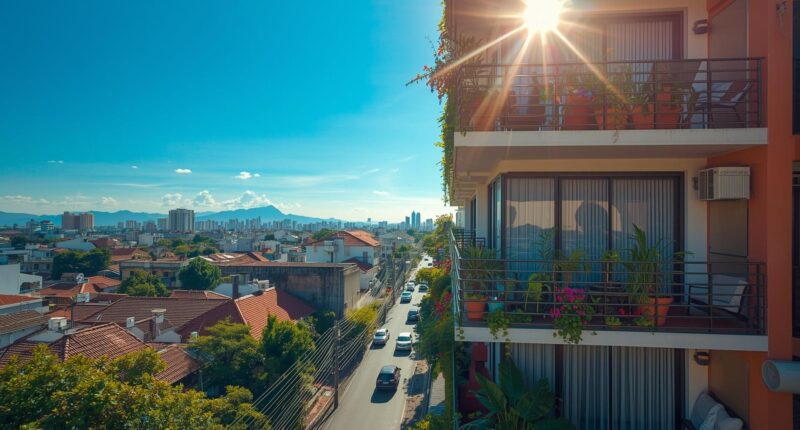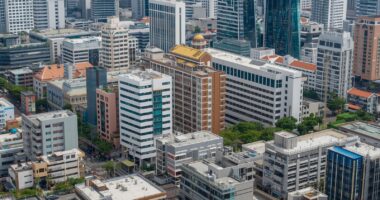How to Invest in Real Estate in Vietnam?
Vietnam has become one of Southeast Asia’s fastest-growing economies, attracting foreign investors seeking opportunities in its dynamic real estate market. With urban development, rising incomes, and growing demand for housing, investing in real estate in Vietnam can be highly rewarding—if you know how to navigate the system.
Step 1: Understand Vietnam’s Real Estate Laws
Foreign Ownership Rules
Vietnam allows foreigners to own property, but with restrictions. Key rules include:
-
Foreigners can buy apartments and condominiums but cannot directly own land (all land in Vietnam belongs to the state).
-
Ownership is typically granted through 50-year leases, renewable upon approval.
-
Foreign buyers can own up to 30% of units in a condo project or 10% of houses in a landed project.
👉 For comparison, see how property ownership works in Thailand: A Guide to Buying Property in Bangkok (internal link).
-
For updated regulations, visit the Vietnam Ministry of Construction (external link).
Step 2: Choose the Right Investment Location
High-Growth Cities
Vietnam’s booming cities offer the best investment opportunities:
-
Ho Chi Minh City (Saigon): Vietnam’s financial hub, with strong rental demand and luxury condo developments.
-
Hanoi: The capital city, ideal for long-term property appreciation.
-
Da Nang & Nha Trang: Coastal cities with growing demand for vacation homes and resorts.
Step 3: Decide on the Property Type
Options for Foreign Investors
-
Condominiums: The most straightforward option for foreigners. Many developers market directly to international buyers.
-
Serviced Apartments: Popular among expats and tourists, offering stable rental income.
-
Commercial Properties: Offices, hotels, or retail spaces can be lucrative but require deeper market knowledge.
👉 Learn about other property types: 6 Types of Properties to Consider in Bangkok (internal link).
Step 4: Work with Trusted Developers and Agents
Avoiding Risk
It’s crucial to partner with licensed real estate agents and reputable developers. Check their history, completed projects, and customer reviews. A professional legal advisor can also guide you through ownership contracts and compliance.
-
For real estate market research, visit Savills Vietnam (external link).
Step 5: Secure Financing and Manage Taxes
Payment & Mortgage Options
Foreigners often pay in cash, but some local banks may offer limited mortgage options to expats with a valid work permit. Taxes and fees include:
-
2% registration tax when purchasing property.
-
Rental income tax (usually around 10%).
Step 6: Focus on Rental Demand and ROI
Expats and Tourism Fuel Demand
Vietnam’s urban growth and rising expat population make rental properties attractive. Coastal and central city apartments often see rental yields between 5% and 8% annually.
👉 For broader strategies, check: Unlocking Opportunities in the Real Estate Market (internal link).
Final Thoughts
Investing in real estate in Vietnam offers exciting opportunities, but success requires careful planning, understanding of regulations, and choosing the right property type. By working with reliable professionals and focusing on high-demand areas, foreign investors can tap into Vietnam’s rapid economic growth.
For updated legal advice, visit the Vietnam Real Estate Association (external link).
✅ Pro Tip: Start with condominiums in Ho Chi Minh City or Hanoi—these properties are easiest for foreigners to buy and deliver strong rental returns.









